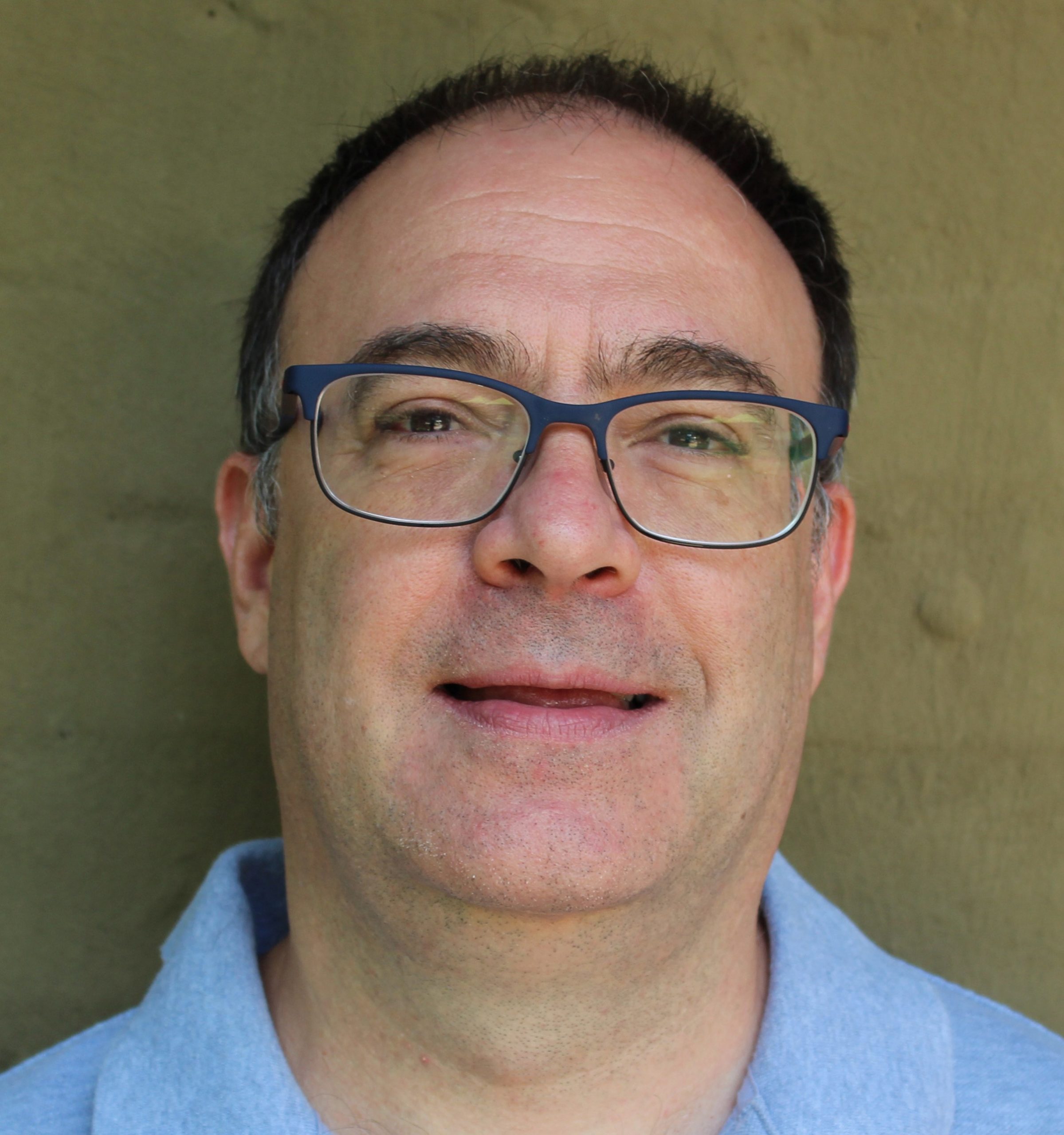
OpEds

Lav(rov) sometimes means having to say you’re sorry
As the brutal Russian invasion of Ukraine drags on to its third month, Russia and Israel have been embroiled in a war of words. Russian President Vladimir Putin has (according to the Israelis anyway) apologised to Israeli Prime Minister Naftali Bennett for comments made by Russian Foreign Minister Sergei Lavrov. Lavrov said that Adolf Hitler “had Jewish blood”, a falsehood that outraged Israel and Jewish communities worldwide. What prompted the odious comment, and why has Putin seemingly made a rare apology to Israel?
One of the main pretenses for Russia’s attack on Ukraine on 24 February was to “denazify” the Eastern European country. Russia depicted Ukraine’s government as Nazis, oppressing Russian-speakers in eastern Ukraine and indeed the entire state. Russia’s “special military operation” was to remove the yoke of Nazism from the population. Though there certainly are neo-Nazi groups in Ukraine, they are a tiny minority and not in the government of President Volodymyr Zelenskyy.
Ukraine and the West have rightly shown this Nazism claim to be patently false, not least because Zelenskyy is Jewish. Lavrov was asserting that Zelenskyy being Jewish didn’t mean that the Ukrainians weren’t Nazis. Lavrov made the distasteful comments on Italian television. He added, “[That Zelenskyy is Jewish] means absolutely nothing. Wise Jewish people say that the most ardent antisemites are usually Jews.”
Bennett reacted, “Such lies are meant to blame the Jews themselves for the most terrible crimes in history and thus free the oppressors of the Jews from their responsibility. No war today is the Holocaust or is like the Holocaust.”
“In a flailing attempt to defend the indefensible, Lavrov resorts to resurrecting long-discredited theories about Hitler’s supposed Jewish origins,” David Saks, the associate director at the South African Jewish Board of Deputies, told the SA Jewish Report. “And then he compounds the offence by claiming that Jews make the worst antisemites. Intimating that Jews are in part complicit in their own persecution diminishes the culpability of the perpetrators while scandalously and falsely saddling the victims with a share of the guilt, and as such constitutes an especially repulsive form of historical revisionism.
“Lavrov is a seasoned communicator. The words he utters are always carefully calibrated and need to be understood as intentional,” Milton Shain, emeritus professor of historical studies at the University of Cape Town, told the SA Jewish Report. “Clearly, his nonsense about Hitler’s Jewish ancestry – empirically unsupported – is part of a wider propaganda campaign. The Russians are past masters at this. With the war going poorly for Putin, Moscow is insisting that its military assault is designed to stop Ukrainian fascism and antisemitism.
“This trope fits in well with memories of World War II. It’s also an attempt to answer those countering Russian propaganda by reminding observers that President Zelenskyy is Jewish. Quick to respond, Lavrov tells us that this is meaningless since some Jews – usually identified as self-hating – have historically expressed anti-Jewish sentiments.
“Put simply, Lavrov is doing his best to discount the Jewishness of Zelenskyy as proof that Ukraine isn’t ruled by fascists and antisemites. Lavrov’s comments seem to have flopped in the West, although it’s difficult to know if they are similarly castigated in Russia,” Shain said.
Israel demanded that the Russians apologise and summoned the Russian ambassador to clarify these remarks, a demonstration of diplomatic displeasure.
After a call between the two leaders, Bennett’s office released a statement last Thursday, which said “The two discussed Russian Foreign Minister Lavrov’s remarks. The prime minister accepted President Putin’s apology for Lavrov’s remarks, and thanked him for clarifying his attitude towards the Jewish people and the memory of the Holocaust.”
The Russian side’s statement doesn’t mention an apology. It reads, “The president of Russia recalled that of the six million Jews tortured in ghettos and concentration camps, killed by the Nazis during punitive operations, 40% were citizens of the USSR [Union of Soviet Socialist Republics], and asked to convey wishes of health and well-being to the veterans living in Israel. Naftali Bennett, in turn, noted the decisive contribution of the Red Army to the victory over Nazism.”
Israel has attempted to play a mediation role in the conflict, as the country has close relations with Russia and Ukraine. Turkey has, however, emerged as the main mediator. But it’s also important for Israel to keep Russia onside as the two countries are active in war-torn Syria, where Israel regularly strikes terrorist targets. Tensions rose in 2018 when the Israelis accidently shot down a Russian aircraft in Syria.
Ukrainian pleas for Israeli military support have fallen on deaf ears, with Israel instead, so far, providing bulletproof vests and helmets for medical personnel and establishing a field hospital.
Putin has long seen Israel as part of the Russian-speaking world, with more than one million olim from the former Soviet Union. It seems this apparent apology – or at least the conversation – was needed to mend bridges.
But on 9 May, Victory Day in Russia commemorating the end of World War II, Putin continued to paint the Ukrainians as Nazis. The apology hasn’t changed much of the bigger picture.
- Steven Gruzd is an analyst at the South African Institute of International Affairs. He writes in his personal capacity.




